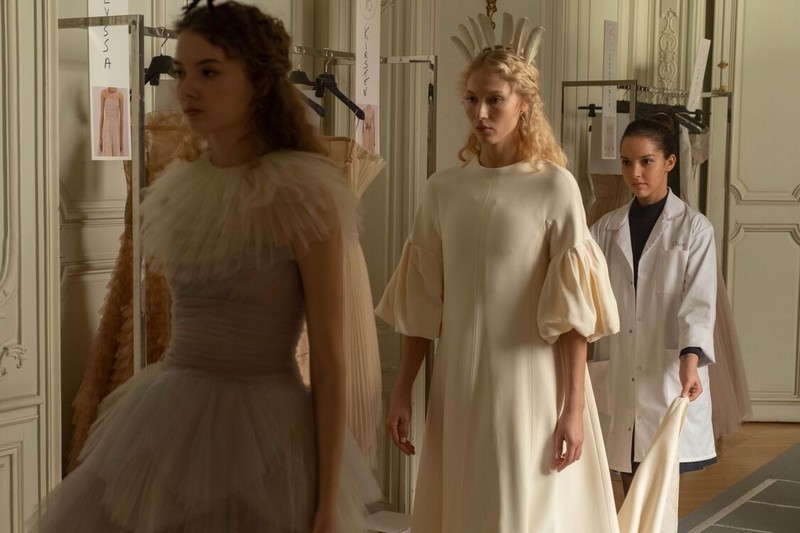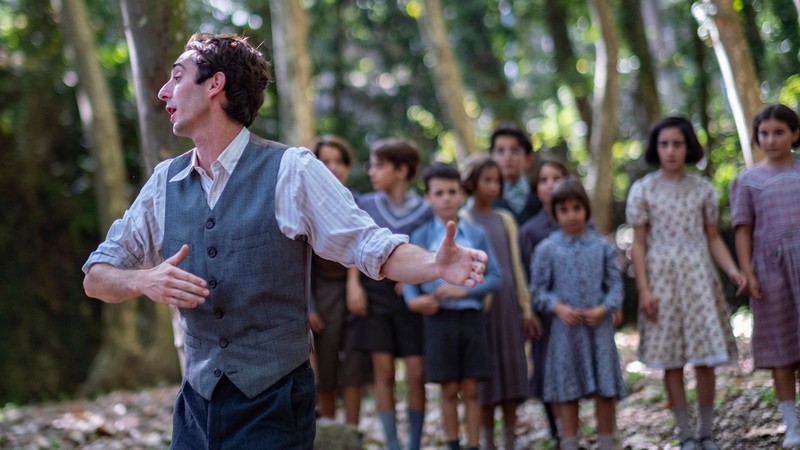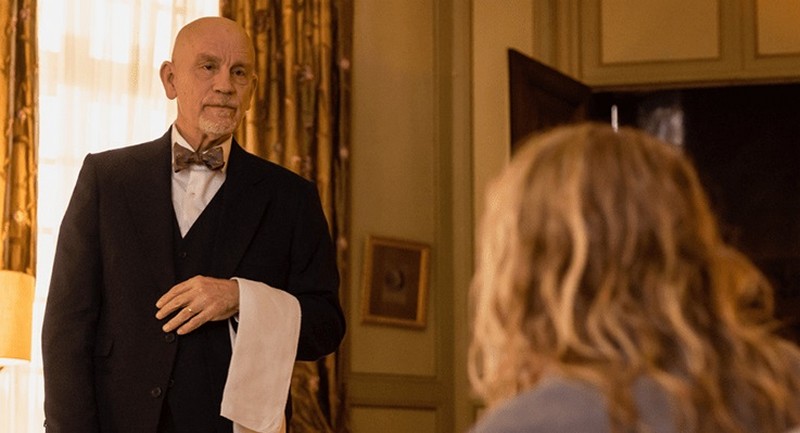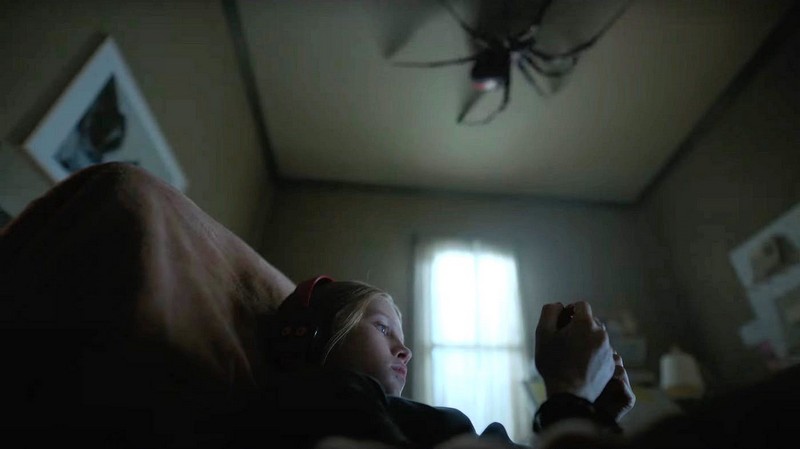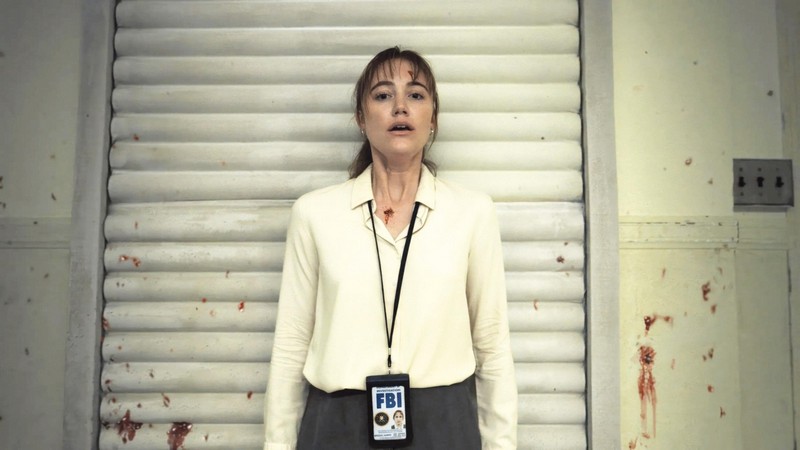The French tend to make fine films about food, family and fashion. While Haute Couture is set against the backdrop of the high-end fashion industry it primarily deals with complex mother/daughter relationships and class issues in contemporary France.

Ester (Cesar winning actress Nathalie Baye) is the head seamstress at Dior Avenue Montaigne workshop in Paris, but she’s nearing the end of her career. She’s preparing dresses for her final fashion show. One day on the subway her handbag is stolen by a young thief Jade (Lyna Khoudri), who lives in a housing project on the outskirts of Paris, which largely a ghetto for African immigrants. The next day Jade returns the bag. But rather than call the police Ester offers Jade a job as an intern at her atelier (workshop). Ester is estranged from her own daughter and leads a fairly lonely and solitary life. She sees Jade as something of a surrogate daughter to whom she can pass on her knowledge and skills and passion and provide her with a better, more hopeful future. Designing dresses is not about the money, Ester cautions Jade, but about the creativity and the joy that they bring.
It’s sometimes a prickly relationship between Ester and Jade, who has her own problems in dealing with her deeply religious and demanding mother. At work, Andree (Claude Perron), who is one of Ester’s seamstresses, is jealous of the way that Jade seems to be getting favoured treatment and goes out of her way to undermine her and sabotage her work. Far more sympathetic and supportive are Catherine (Pascale Arbillot), Ester’s longtime friend and right-hand manager, and Abel (Adam Bessa, from Extraction, etc), himself an aspiring designer and potential love interest for Jade. Jade’s best friend from the housing project is Souad (Soumaye Bocoum), herself a colourful and outspoken character who often wonders what Jade has gotten herself into.
Sylvie Ohayon writes and directs Haute Couture. This is only her sophomore feature following 2014’s Papa Was Not a Rolling Stone. The film has a semi-autobiographical element to it as Ohayon was inspired by her own estranged relationship with her teenage daughter, but she veers away from excessive sentimentality. Ohayon researched the life and routines of an atelier to inform this drama.
The film’s narrative arc is a little predictable, but the main characters are endearing and the performances of the two leads are superb. Khoudri (Blessed)is full of fire while Baye (Downton Abbey: A New Era) is more restrained, and full of regrets. Marie Cheminal’s production design is exquisite as are the costumes designed by Olga Richon. The film has been nicely shot by cinematographer George Lechaptois.
Greg King
Other reviews you might enjoy:

Greg King has had a life long love of films. He has been reviewing popular films for over 15 years. Since 1994, he has been the film reviewer for BEAT magazine. His reviews have also appeared in the Herald Sun newspaper, S-Press, Stage Whispers, and a number of other magazines, newspapers and web sites. Greg contributes to The Blurb on film

